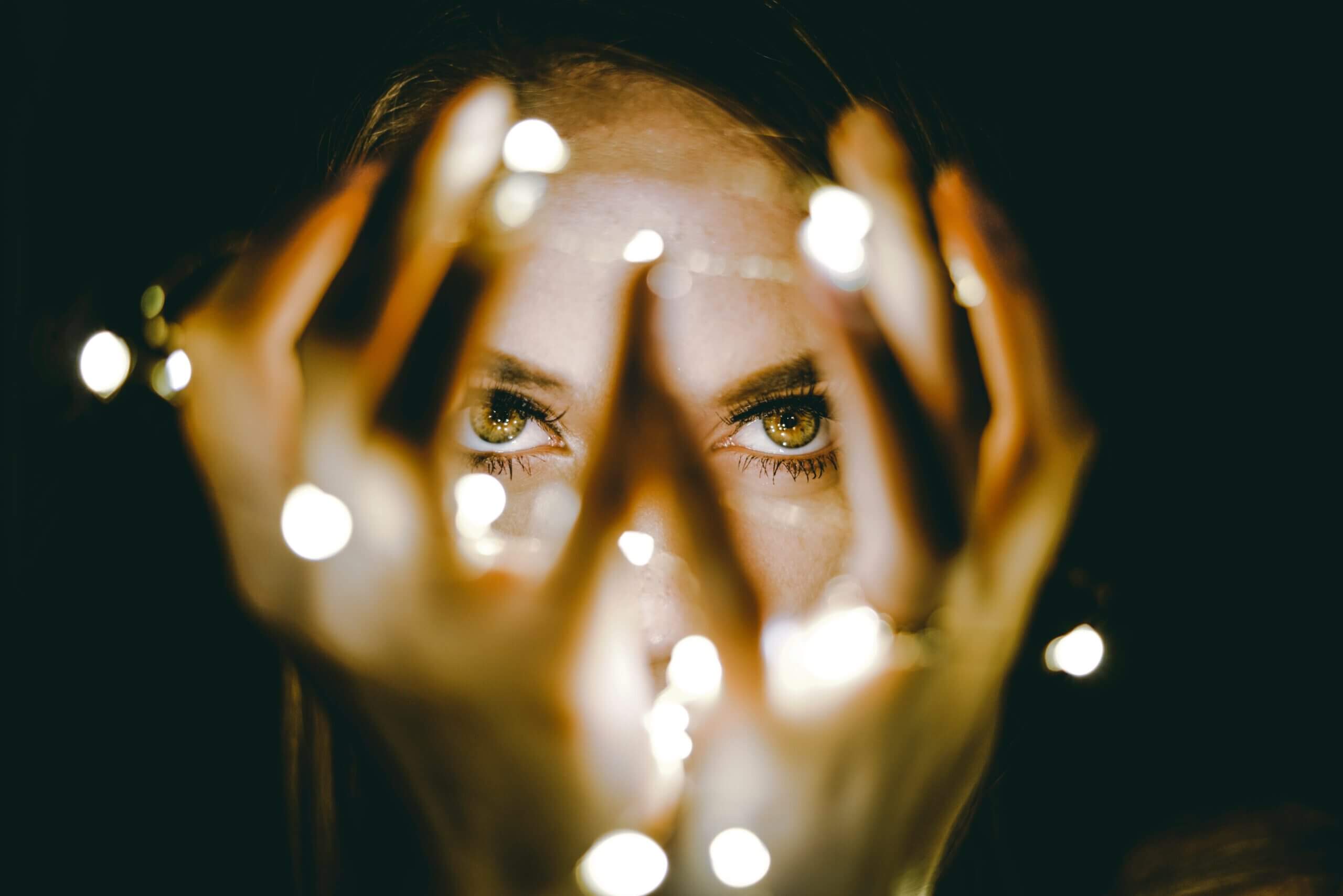While the whole world recently celebrated St. Patrick’s Day, Ireland kicked off their new holiday in honor of Brigid, who they consider to be a saint and a goddess.
Little was actually known or recorded about Brigid during her lifetime. What was known was mostly reported by a clergyman a couple hundred years after her death. She was purported to have been involved in the supernatural, including anything from healing the blind to aborting an unborn baby to changing a geographic landscape—signs of which seem to point more toward witchcraft than Christianity. The festival in honor of the goddess is usually known as Imbolc in Gaelic, but will be nationally recognized as St. Brigid’s Day.
It is now this mysterious entity that the Irish people are gearing up to celebrate as a new, “modern” kind of saint who is typically represented with fire. In fact, The Irish Post reported that Brigid is historically known for having powers revolving around healing, fire and poetry.
For many Irish people of the day, the person of Brigid is not only about the spiritual side of things, but about her strong female characteristics.
Reverend Philip McKinley spoke with the Associated Press, stating, “St. Brigid offers this whole new dynamic. She’s a very, very modern saint that speaks to the really cutting-edge issues of our day—gender equality, environmental issues, social care, poverty, peacemaking.”
Melanie Lynch of Herstory told AP: “I think Ireland is ready to celebrate our women and our goddess and our saint…You’re talking about a great role model for young girls.”
Unfortunately, Ireland is not the only Western nation that has bowed to worshipping gods and goddesses. Here in America, a golden statue was recently erected as a memorial to Ruth Bader Ginsberg for her work in support of abortion, as reported by Charisma News.
Nancy Pelosi even gave a nod to Brigid on Twitter writing: “Today, we celebrate the feast of St. Brigid: Ireland’s Patroness Saint and a great leader. Born in the fifth century, St. Brigid was a woman ahead of her time: establishing schools and churches—and encouraging women to lead.”
Having good role models is part of life, but when those role models become idols, gods and goddesses, they no longer serve their purpose. Exodus 20:3 (MEV) is clear when it says “You shall have no other gods before Me.” The Lord was not giving a suggestion; He was giving a commandment. In fact, when we bow down to other idols there are consequences. Exodus 20:5-6 (MEV) reads: “You shall not bow down to them or serve them; for I, the LORD your God, am a jealous God, visiting the iniquity of the fathers on the children to the third and fourth generation of them who hate Me, and showing lovingkindness to thousands of them who love Me and keep My commandments.”
When we choose to worship other things—or people—we are living outside of God’s will for Him to commune and have an intimate relationship with us. But when we choose to follow Him, to make Him our one and only God, we can experience His grace, mercy and favor upon our lives.

Abby Trivett is a marketing copywriter and coordinator and Staff Writer intern for Charisma Media.












































